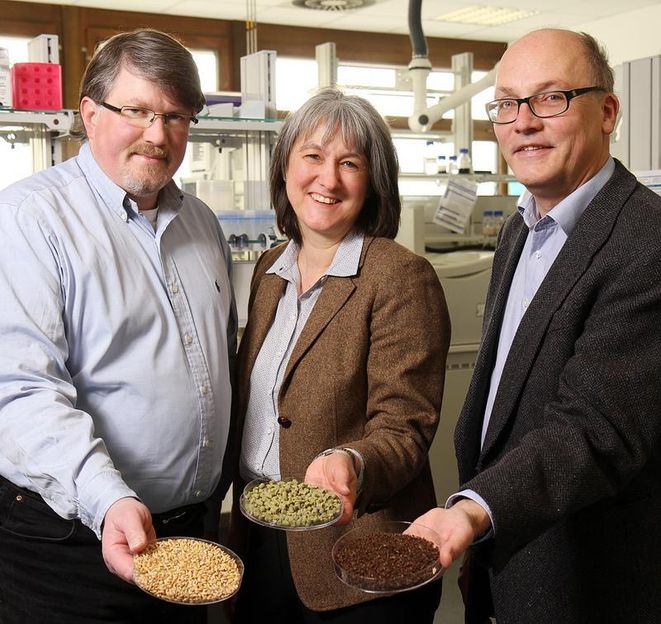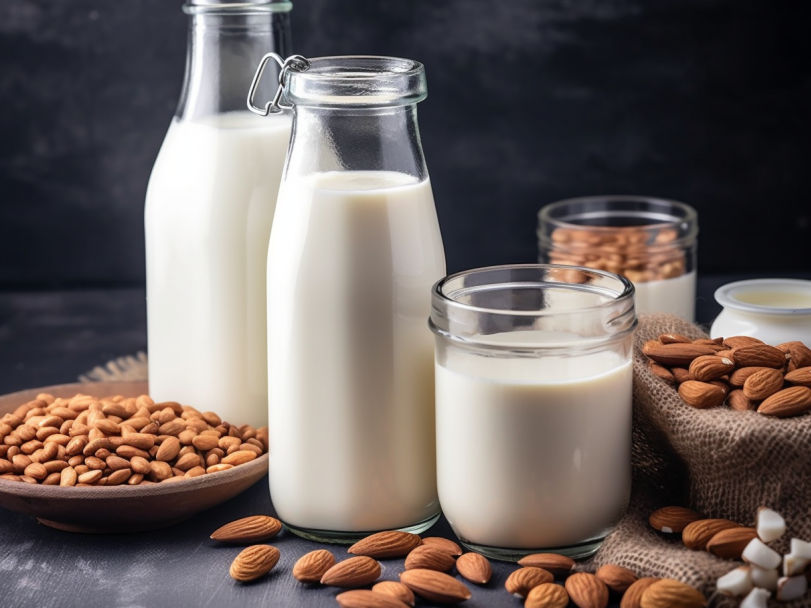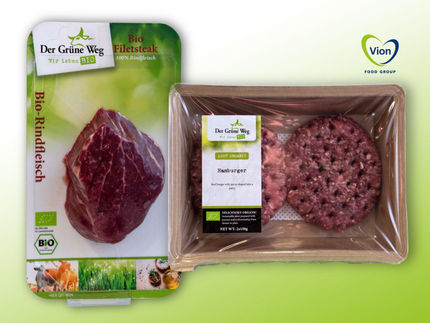Bioplastics successfully comply with all EU safety standards
Products made from bio-based plastics must undergo the same test procedures as conventional plastic products before they are approved for marketing in the European Union (EU). A health risk for consumers is thus excluded. Plastics that are to be certified as biodegradable or compostable must undergo additional tests. "Products made from bioplastics thus undergo even more tests than conventional plastic products," explains Hasso von Pogrell, Managing Director of European Bioplastics (EUBP).

Hasso von Pogrell, Managing Director of European Bioplastics e.V.
obs/European Bioplastics/Benita Zabel
Strict regulations apply in the EU for plastic products that come into contact with food, and biobased and conventional plastics must comply with these regulations in equal measure. The relevant regulation, VO (EU) No. 10/2011, contains in particular requirements for migration tests. The so-called migration limit value indicates the maximum permissible quantity of an ingredient for the transition to food. The limit value ensures that food contact material does not pose a health risk to the consumer. In addition to the migration test, the composition of materials consisting of several components is checked. Only those substances and materials that have been assessed as non-hazardous by the EU in an EU list may be used in their manufacture.
For biodegradable plastics, which are certified according to EU standard EN 13432 for industrial composting, among other things, a fixed limit value for heavy metals and other toxic and hazardous substances is specified. In addition, an ecotoxicity test is carried out in accordance with the OECD [1]. This test examines the possible effects of industrial compost on plant growth and its toxicological harmlessness to microorganisms. Agricultural mulch films that are biodegradable in soil and certified according to EU standard EN 17033 must comply with strict SVHC[2] guidelines. This ensures that the films do not contain substances of very high concern. In addition to a further test for nitrification inhibition, this certification also excludes negative effects on soil organisms, such as earthworms, in an additional procedure. In the standard for the home composting of carrier bags (prEN 17427), which is to be published shortly by the European Committee for Standardization (CEN), the test procedures are once again laid down. "Products made of bioplastics thus undergo even more test procedures than conventional plastic products," summarises von Pogrell.
"The assertion that products made from biobased plastics contain harmful chemicals is not tenable due to the large number of tests required," criticises von Pogrell. The EUBP managing director refers to the statement of a study recently published by a research group at the University of Frankfurt. The methodology of the study, in which bioplastics products were subjected to a migration test, is extremely questionable and differs significantly from the methodology of the EU test procedures. "The resulting test result of the Frankfurt study also does not represent a specific characteristic of bioplastics. On the contrary, the different methodology leads to the same result when testing conventional plastic products," explains von Pogrell.
1] Organization for Economic Cooperation and Development. The test procedure in question is OECD 208.
2] Substances of very high concern.
Note: This article has been translated using a computer system without human intervention. LUMITOS offers these automatic translations to present a wider range of current news. Since this article has been translated with automatic translation, it is possible that it contains errors in vocabulary, syntax or grammar. The original article in German can be found here.
Most read news
Organizations
Other news from the department business & finance

Get the food & beverage industry in your inbox
By submitting this form you agree that LUMITOS AG will send you the newsletter(s) selected above by email. Your data will not be passed on to third parties. Your data will be stored and processed in accordance with our data protection regulations. LUMITOS may contact you by email for the purpose of advertising or market and opinion surveys. You can revoke your consent at any time without giving reasons to LUMITOS AG, Ernst-Augustin-Str. 2, 12489 Berlin, Germany or by e-mail at revoke@lumitos.com with effect for the future. In addition, each email contains a link to unsubscribe from the corresponding newsletter.
Most read news
More news from our other portals
Last viewed contents

Achema 2018: Beer Brewing - Brewing Residues for Sustainable Use

Plant-based drinks offer opportunities for the Chinese market

Precision fermentation is an opportunity for the food industry - Start-ups need support




























































